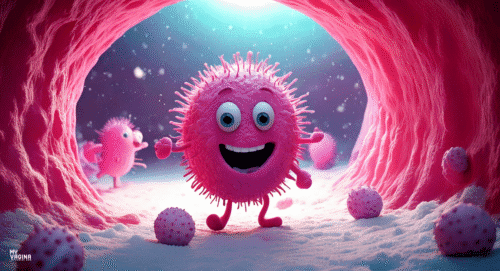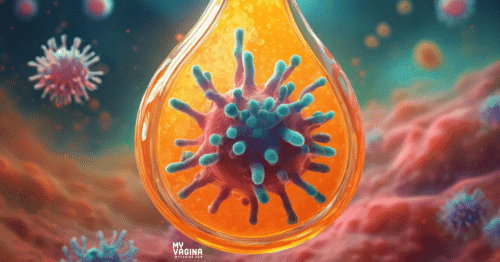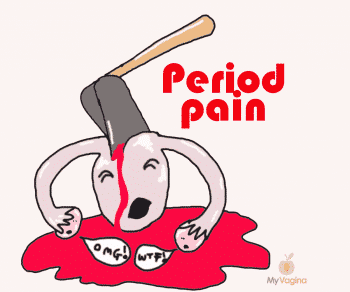Mycoplasma infections in children
Mycoplasma bacteria are tiny microbes with no cell wall, that are highly antibiotic resistant, and are very good at adhering to mucous membranes in the urinary and genital tracts.
Study: Glycosulfatase and it’s relationship with BV
An enzyme present in vaginas with BV breaks down the mucous layer so the bacteria can adhere to the vaginal cells.
Study: Boric acid with antibiotics for BV – does it work?
A study looked at the effectiveness of using boric acid suppositories plus an antibiotic for removal of the bacterial biofilm that causes recurrent bacterial vaginosis.
What does asexual mean?
Asexuality is the absence of sexual attraction - not the absence of sex, love, or romance.
Study: Chitosan polymers tested for BV biofilm destruction capacities
Chitosan was much more effective at disrupting biofilms (in the lab) than polycarbophil gels, and may prove to be a useful treatment in future for biofilm-dependent vaginal infections.
Study shows Prevotella bivia likes a less acidic vaginal pH (BV)
Discover how Prevotella bivia thrives in high-pH environments like bacterial vaginosis, and the implications for treatment options.
Allen-Masters syndrome
Allen-Masters syndrome is characterised by pelvic pain caused by trauma.
Fox-Fordyce disease
Fox-Fordyce disease is a benign (but very uncomfortable) sweat gland condition that can affect the groin and genitals of women in their late teens, 20s and 30s. Laser hair removal has been cited as a cause of this inflammation, which causes itching.
Vulvar folliculitis
Vulvar folliculitis is an inflamed, infected hair follicle on the vulva, which can turn into a boil if left unchecked. Folliculitis can occur anywhere there are hair follicles.
Vulvar endometriomas
Vulvar or vaginal endometriomas are painful cysts that occur due to endometriosis.
Proteus urinary tract and vulvovaginal infections
Proteus infections include urinary tract and vulvovaginal infections. Proteus may be antibiotic resistant, can develop biofilms, and can be difficult to treat, especially if left untreated for a long time.
Hormone therapy (HT)
Hormone therapy is used to counteract the negative impacts of fluctuating hormone levels and a decline in hormone levels in women as they approach menopause. Here we run you through the typical treatments and alternative options.
What is relative oestrogen deficiency?
If you are skinny, smoke, eat too much fibre or over-exercise, you could be at risk of your periods stopping due to relative oestrogen deficiency.
Testing and treatment for Mycoplasma genitalium
M. genitalium is an STI, tricky to treat due to its small size, lack of culturability, and no cell wall at which to direct treatments.
Study: do circumcised penises mean less vaginal infections? (spoiler alert – yes)
Circumcised penises result in less infection issues in female sexual partners.
Study: BV and Mycoplasma species – are they bunking together?
There appears to be a relationship between Mycoplasma hominis and Gardnerella vaginalis.
Study: BV is associated with Mycoplasma genitalium
A study has found a strong association between BV and M. genitalium.
How diet impacts oestrogen levels
There are some key elements to what you put in your mouth and how it affects your oestrogen levels.
Treating endometriosis
Treating endometriosis can be tricky, with a handful of medical and naturopath treatment strategies, often used in combination.
Understanding and treating period pain
Understanding what type of period pain you are experiencing is important when deciding on treatments.






